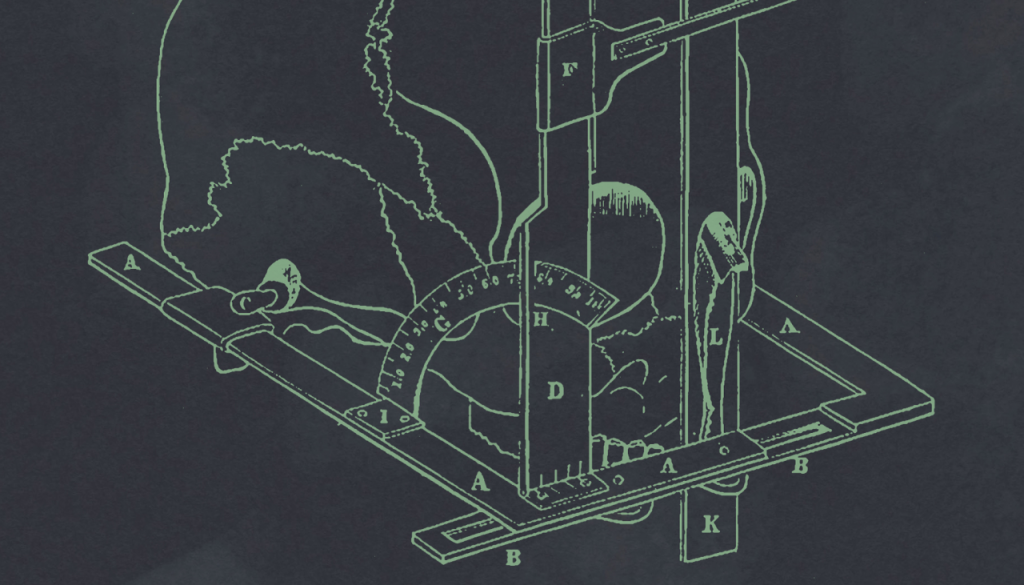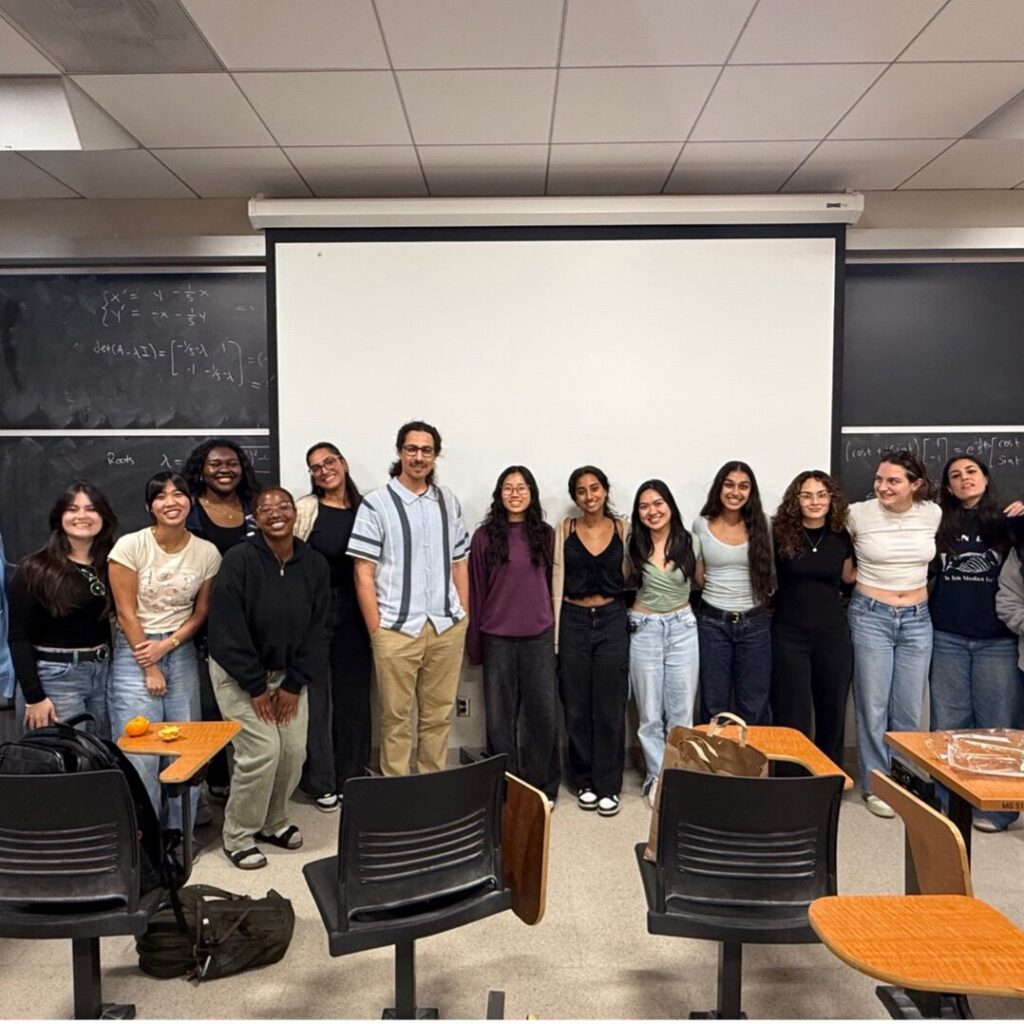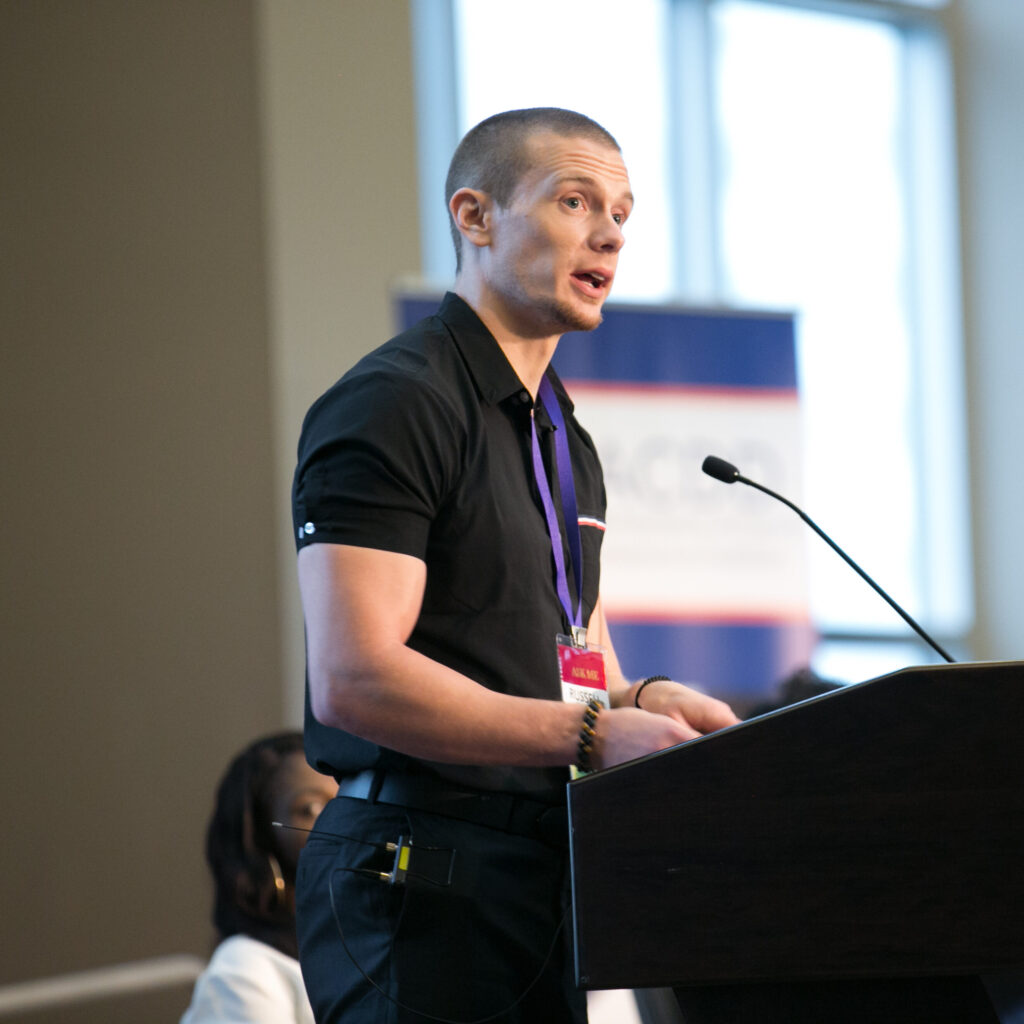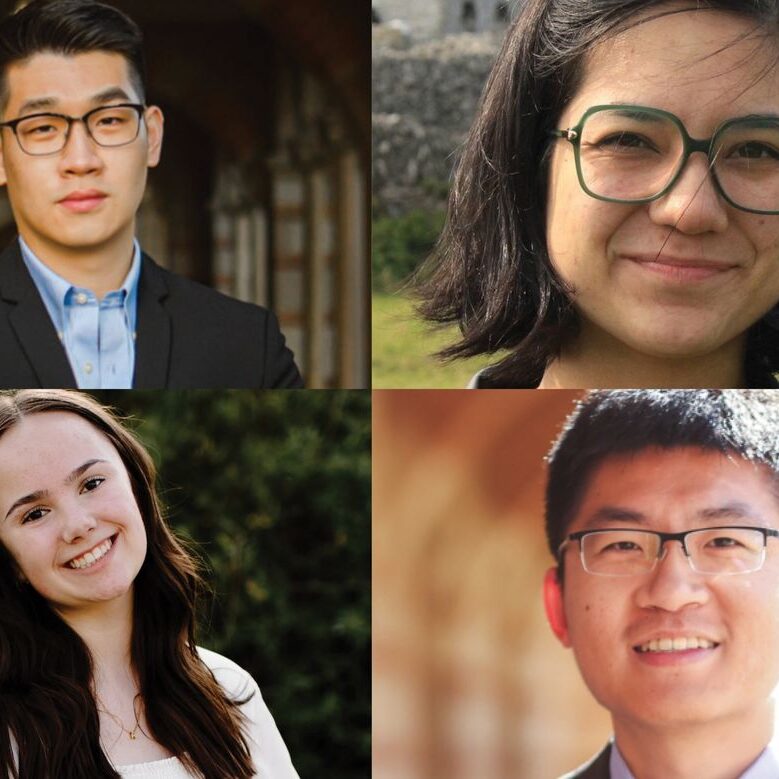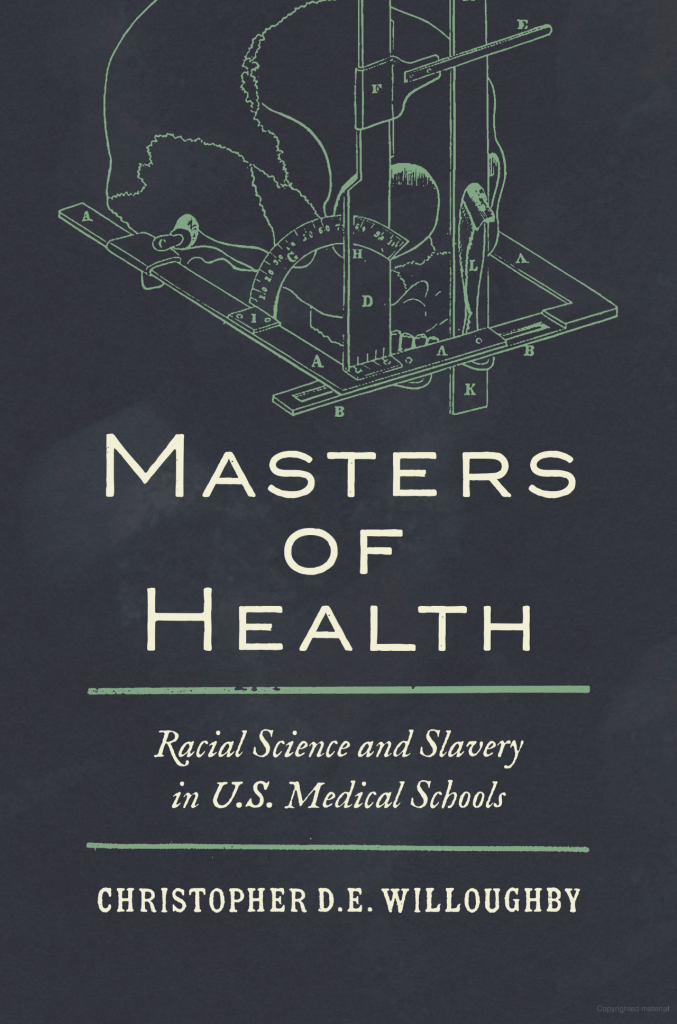
The UCLA Graduate Student Reading Group convened on January 31, 2024 with organizers Professor Julian Anesi (Gender Studies) and Pia Palomo (Disability Studies) inviting graduate students interested in Disability Studies to come together to discuss Christopher D. E. Willoughby’s Masters of Health: Racial Science and Slavery in U.S. Medical Schools. A diverse range of departments (and disciplinary perspectives) ended up being represented including History, English, and Urban Planning. The meeting was held in hybrid format. Those of us attending in person enjoyed lunch at the Faculty Club and sharing in conversation before opening the zoom room at 12:30 to welcome our virtual participants.
In Masters of Health, Christopher D. E. Willoughby explores how racial thinking and white supremacy were embedded in U.S. medical school education in the nineteenth century. As doctors professionalized in the nineteenth century, they promoted themselves as “scientific masters of racial difference” (94). Willoughby demonstrates that “racial slavery created a market for the production of racial medicine,” but shows that racial medicine was not a peculiarly southern phenomenon (2). After the abolition of slavery in the United States, global capitalism and imperialism continued to support a racialized curriculum as racial medicine pivoted from defending slavery to justifying imperialist and capitalist violence. This racial medicine taught in U.S. medical schools continues to haunt us today as part of the afterlives of slavery.
Our discussion of Masters of Health, facilitated by Professor Anesi, began with a discussion of what had surprised us the most in our reading. A general consensus emerged on the biggest shock being the treatment Willoughby describes of human remains, especially the grave robberies to obtain corpses for student dissection. The selection for this year’s Graduate Student Reading Group is not a history of disability but a history of medicine. Much of our discussion pondered what engaging a disability studies framework would look like within Willoughby’s historical scholarship. As a PhD candidate in the History Department at UCLA, I have appreciated the opportunity to come together with my fellow graduate students to discuss a diverse range of scholarship in Disability Studies with the Graduate Student Reading Group.
About the book:
“Medical science in antebellum America was organized around a paradox: it presumed African Americans to be less than human yet still human enough to be viable as experimental subjects, as cadavers, and for use in the training of medical students. By taking a hard look at the racial ideas of both northern and southern medical schools, Christopher D. E. Willoughby reveals that racist ideas were not external to the medical profession but fundamental to medical knowledge.
In this history of racial thinking and slavery in American medical schools, the founders and early faculty of these schools emerge as singularly influential proponents of white supremacist racial science. They pushed an understanding of race influenced by the theory of polygenesis—that each race was created separately and as different species—which they supported by training students to collect and measure human skulls from around the world. Medical students came to see themselves as masters of Black people’s bodies through stealing Black people’s corpses, experimenting on enslaved people, and practicing distinctive therapeutics on Black patients. In documenting these practices Masters of Health charts the rise of racist theories in U.S. medical schools, throwing new light on the extensive legacies of slavery in modern medicine.”
Masters of Health: Racial Science and Slavery in U.S. Medical Schools by Christopher D.E. Willoughby. The UCLA Library has a digital copy available, please use a VPN to access the book.
